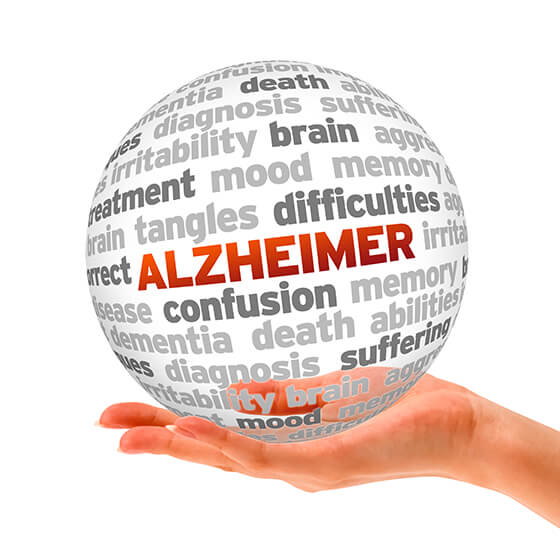Chronic Kidney Disease in the Elderly
Chronic kidney disease is an illness that often affects the elderly. It is characterized by a gradual loss of kidney function over a long time period. This disease differs from acute kidney disease due to its duration and its severity. Chronic kidney disease includes a myriad of conditions, but all of them lead to a gradual loss in kidney function which can lead to a gradual loss of health. If you have had troubles with your kidneys in the past, then it might be a good idea to talk to...Read More

